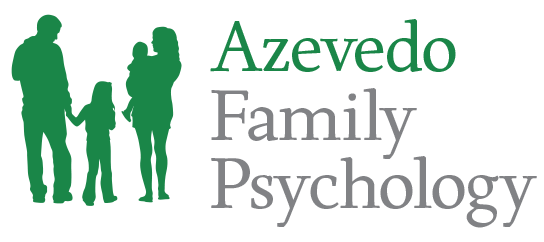
The Science of Happiness: Practices for a Fulfilling Life
April 2, 2024
Therapeutic Techniques for Improving Sleep Quality
June 4, 2024They say people come into our lives for a reason, a season, or a lifetime. When you’re first getting to know a new friend, it’s hard to know exactly which category they’ll fall into. Unfortunately, not all friendships are positive or beneficial to our mental health. Just as we prioritize our physical well-being, it’s essential to recognize when a friendship has become toxic and take the necessary steps to let go.
Identifying Toxic Friendships
Toxic friendships can manifest in various ways, including manipulation, jealousy, constant criticism, and lack of support. Pay attention to how you feel after interacting with a friend. Do you feel drained, anxious, or emotionally exhausted? Do you find yourself constantly making excuses for their behavior or feeling obligated to maintain the friendship despite negative feelings? These could be signs of a toxic relationship that may be impacting your mental health.
Holding onto these relationships can have detrimental effects on your self-esteem, confidence, and overall happiness. By letting go, you create space for positive and nurturing connections that uplift and support you on your journey to personal growth and fulfillment.
How to Let Go
Take time to reflect on the dynamics of the friendship and how it makes you feel. Consider whether the relationship aligns with your values and contributes positively to your life. If you decide to confront the friend about their behavior, clearly communicate your boundaries and expectations. Be assertive and express how their actions impact you without placing blame.
Seek support from trusted friends, family members, or a therapist who can provide guidance and encouragement as you navigate the process of letting go. As you process difficult emotions, try to find activities that bring you joy and fulfillment. Practice self-compassion and prioritize your mental and emotional well-being during this transitional period.
Remember that letting go doesn’t mean harboring resentment or animosity towards the other person. Instead, approach the situation with compassion and understanding for both yourself and the friend.
Moving Forward
Letting go of toxic friendships is a courageous act of self-care and self-respect. It allows you to create space for relationships that nurture your growth and well-being.
If you’re struggling with letting go of toxic friendships or navigating other interpersonal challenges, please don’t hesitate to reach out. Together, we can explore strategies to cultivate positive relationships and prioritize your mental health and happiness.
Remember, you deserve friendships that uplift and support you. It’s okay to let go of those that no longer serve your best interests.




